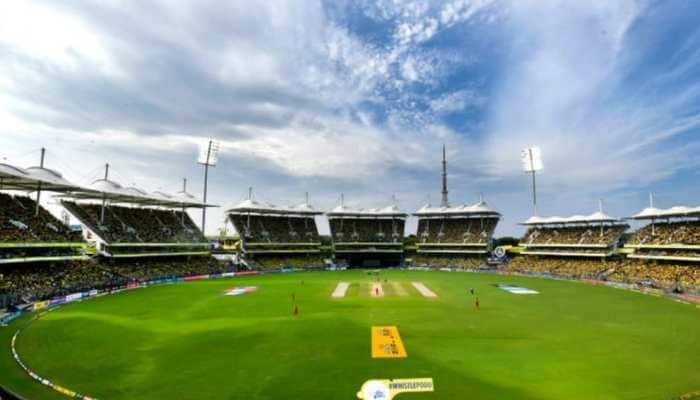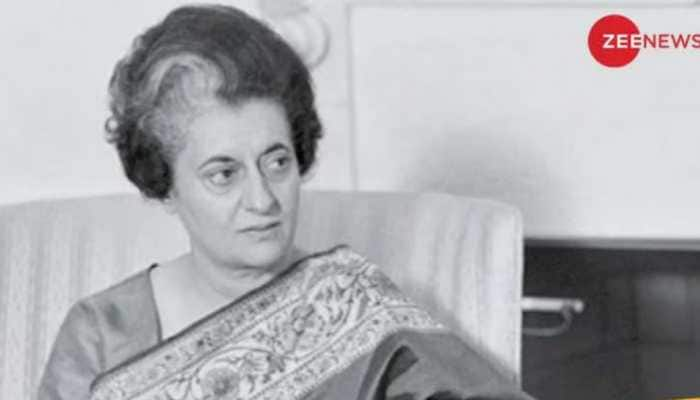Madras High Court bans Sharia courts, asks Tamil Nadu govt to ensure they do not function
The Madras High Court has asked the Tamil Nadu government to file a status report within a month.
Trending Photos
) Representational image
Representational image Chennai: The Madras High Court on Monday banned `unauthorised Sharia courts` functioning on mosque premises in Tamil Nadu.
The first bench of Chief Justice Sanjay Kishan Kaul and Justice M Sundar cleared that religious places and other places of worships are meant for religious purposes only.
The court further asked the Tamil Nadu government to ensure that Sharia courts do not function.
The state government has been further asked to file a status report within a month.
Also Read: Muslim women will not tolerate interference in Sharia: AIMPLB members
In a public interest litigation in the court, an NRI, Abdul Rahman, had said that a Sharia council was functioning like a regular court from a mosque in Chennai, passing divorce orders and summoning parties related to disputes.
Petitioner’s counsel, A Sirajudeen, submitted that the PIL had been filed “to safeguard the interests of a large number of innocent Muslims” who are silently suffering because of the functioning of ‘Makka Masjid Shariat Council’ and similar forums across the state. Claiming that hundreds of Muslim families have been affected due to such a system, the petitioner said the council has created an impression among Muslims that it had been functioning as per Sharia law and all its orders and judgements were religiously binding on Muslims.
Also Read: Britain probes whether some Sharia courts legitimise forced marriage, divorces unfair to women
The council functions like a court and presiding officers wear robes like judges, but of a different colour, the petitioner claimed. He said he too had become a victim once as he had approached the council to reunite with his wife. But he was forced to sign a letter of talaq and the divorce was pronounced.
Though the Supreme Court has declared such entities as illegal, the number of disputes entertained by the council had exceeded a few hundred every year, as was evident from the case number given in his petition, the PIL said.
As he did not get relief from the council, he moved a family court here for an appropriate remedy, he said.
The petitioner sought a direction to authorities to stop the functioning of the council and all other similar organisations in Tamil Nadu as dispute adjudicating bodies.
(With PTI inputs)
Stay informed on all the latest news, real-time breaking news updates, and follow all the important headlines in india news and world News on Zee News.
Live Tv







)
)
)
)
)
)
)
)
)
)
